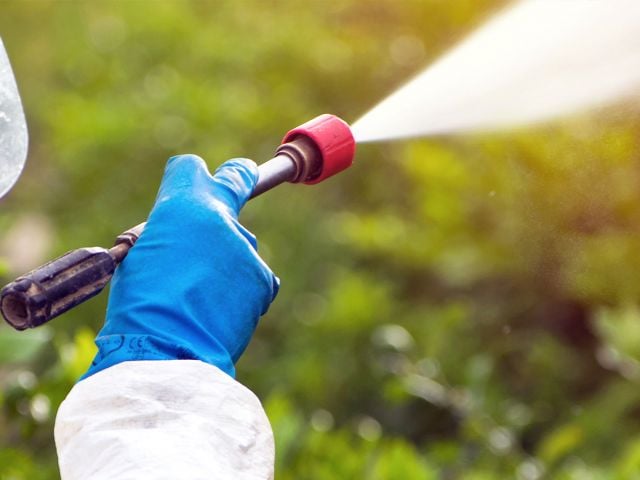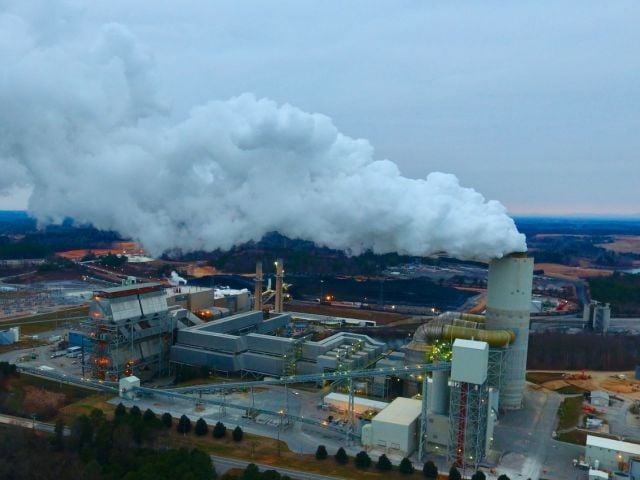EWG news roundup (6/17): Salon workers call upon FDA to ban dangerous Brazilian blowout treatments, utilities rush to cash in on Trump-era coal ash rule and more
EWG news roundup (6/17): Here’s some news you can use going into the weekend.

Displaying 4993 - 5016 of 7424
EWG news roundup (6/17): Here’s some news you can use going into the weekend.








The attorney general of Washington, D.C., has filed a lawsuit against the nation’s second-largest manufacturer of baby food, Beech-Nut, for knowingly making false claims about the presence of heavy...





EWG news roundup (7/23): Here’s some news you can use going into the weekend.




If you suspect your grocery bill is getting pricier, it’s not your imagination.


This is rich. The chemical industry has produced a new "health information" website titled Kids + Chemical Safety that mentions hardly any chemicals or any of the voluminous body of peer-reviewed...
